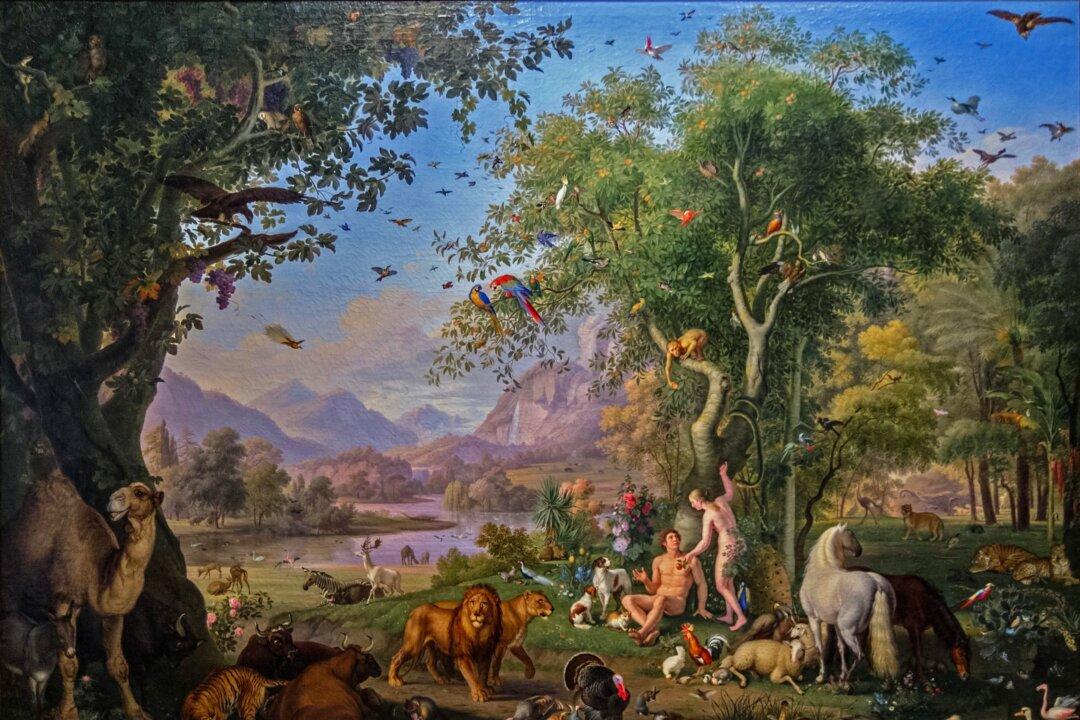Metaphor is a primary way through which we understand the world; we cannot really know what anything really is except by way of comparing it with something else.
Aristotle observed: “The greatest thing by far is to be a master of metaphor; it is the one thing that cannot be learnt from others; and it is also a sign of genius, since a good metaphor implies an intuitive perception of the similarity in the dissimilar.” That is why, of course, we rate poets so highly. As preeminent writers, they more than any other human beings have the gift of coining (there, another metaphor) fresh images expressing the similarity in the dissimilar. In other words, they expand our understanding of reality in new and luminous ways.






